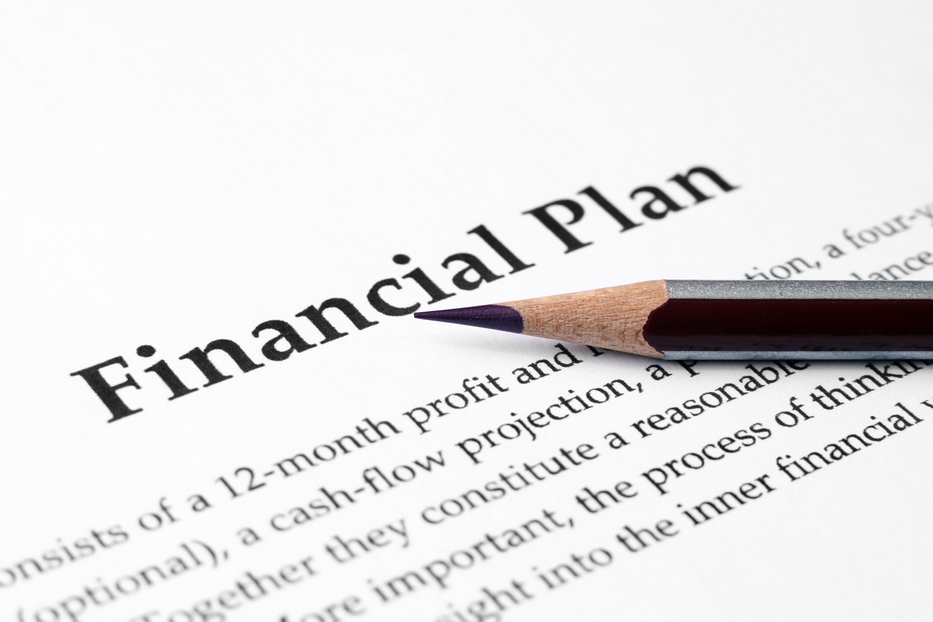
Each new year brings new opportunities, and what better way to start fresh than by creating a financial plan to utilize throughout the next 12 months? From monthly payments to unexpected costs, here are some important tips for organizing your funds before ringing in the new year.
Track your spending
Before the New Year kicks off, keep a ledger of all the major and minor expenses you encounter on a daily basis. This will help anticipate what you might be spending within the next year and can help you plan accordingly. Whether you use your smartphone or a notepad, separate your expenses by category. Don’t forget to include those not-so-often costs as well.
Budget your needs and wants
Think about all the expenses you will accrue over the next 12 months, as well as your current monetary obligations. Use a spreadsheet to list things like recurring bills (mortgage, car payments, insurance, etc.), extras (vacation fund, holidays/birthdays and savings accounts) and any debt that may need to be paid off (credit cards, student loans or medical bills). Being able to visualize your monetary responsibilities will allow you to plan for unexpected costs, and you won’t ever feel like you’re in over your head.
Check your credit report
It’s a good idea to know what condition your credit score is in. Check your report once a year to make sure you know how your financial habits are perceived. Review your score at the beginning of the year so you can set goals that will fall into play throughout the next months, and you’ll know exactly when it’s time to take another look.
Reevaluate your responsibilities
Make sure to take any plans that aren’t an often occurrence into consideration. If you just got a new job, you might not be spending as much time at home and vice-versa. You may need to hire a person to clean your home, which will be a new expense. Or, if you plan on getting a family pet, things like vet bills, food and walkers might need to be added into the list of costs.
Use a filing system
Be sure to keep all your financial documents, big purchase receipts and warranties in a safe area. Even though you may feel like you’ll never need these papers, they can come in handy in the future. Limit your files to one organized cabinet system to reduce the possibility of clutter and chaos when you need to find specific documents. You can also use an online filing system with digital copies of your important documents.
Schedule a check-up
Much like your physical health, your finances need to be in good standing too. Once a year, schedule a meeting with a financial adviser to go over expense reports and set up a budgeting system. This will not only teach you how to better handle your income, but you’ll be confident in knowing that your future isn’t an afterthought.
Set goals for yourself
Many people feel unsatisfied with their financial status, but setting objectives is the first step to reaching success. Create deadlines for starting different savings accounts, investments or retirement funds. It’s never too early to start thinking about the future.
If your budget does not allow for all your expenses or if there is nothing left at the end of the month for paying all your credit card bills, contact one of our certified counselors for assistance with your budget and to get your finances in order and get out of debt once and for all.
